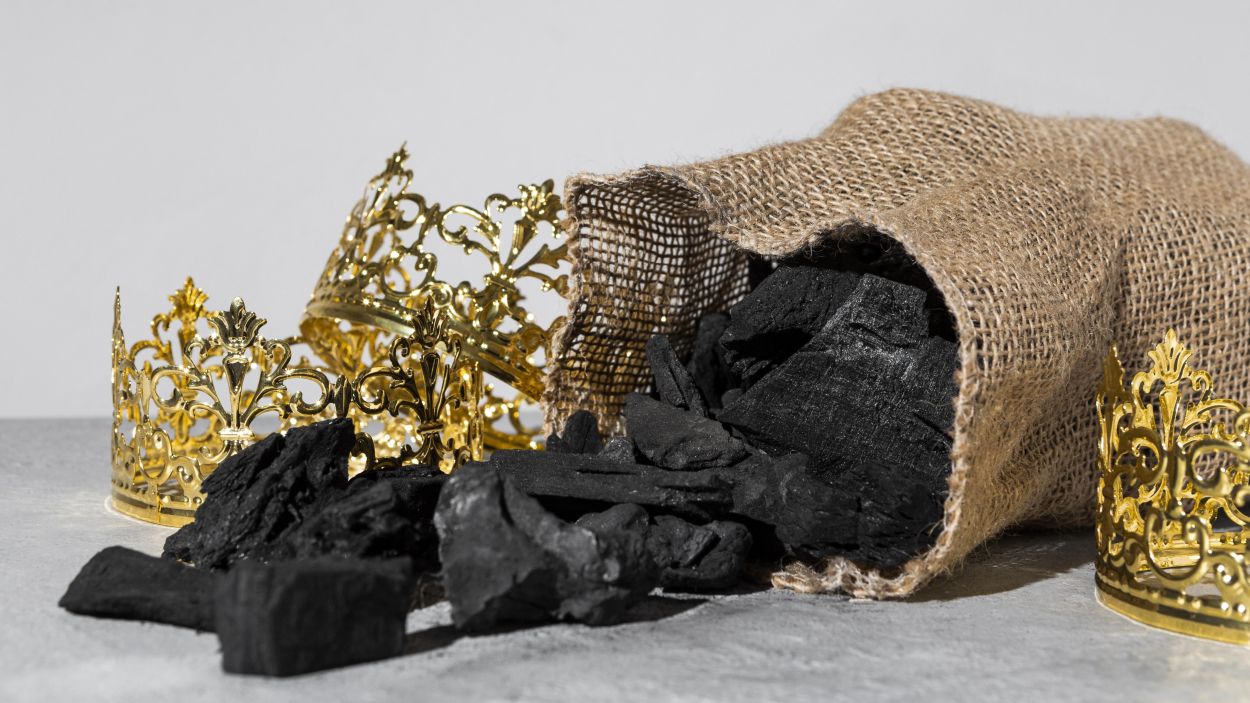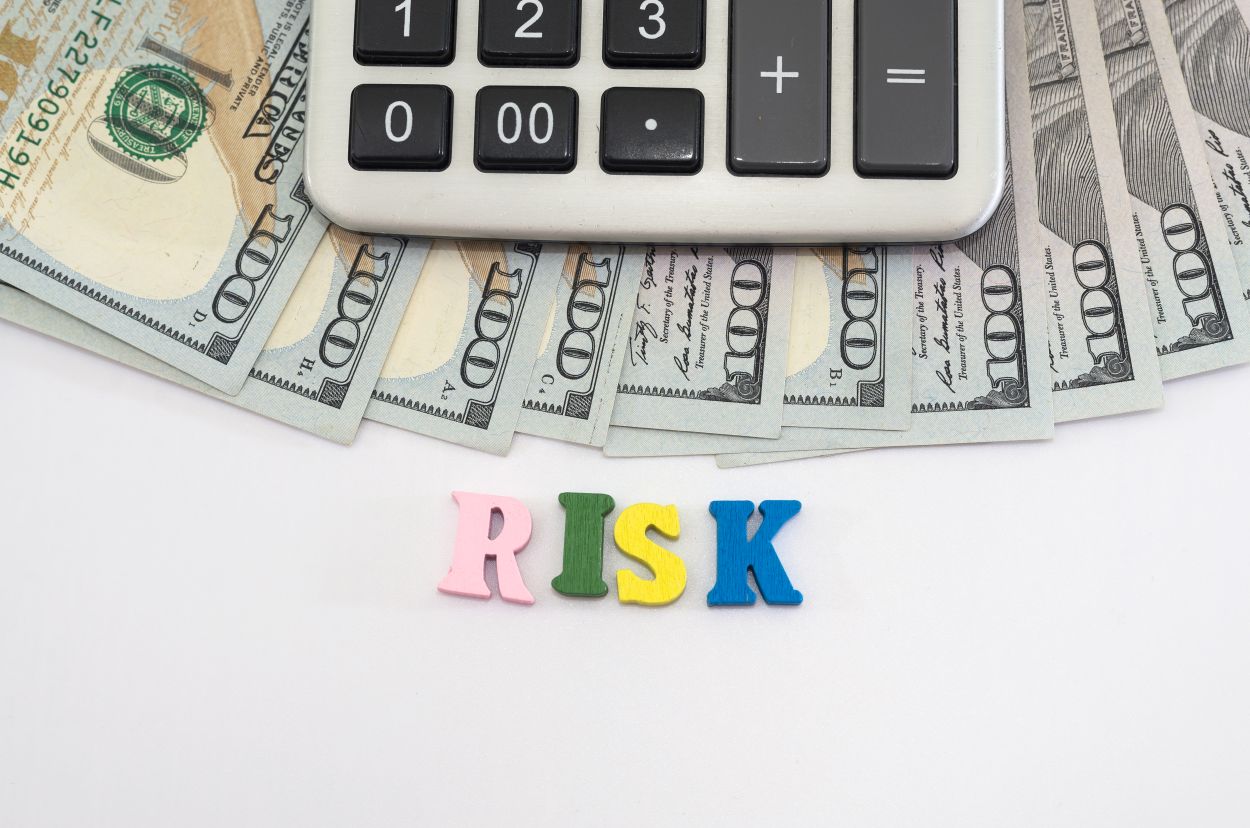European countries urgently need to take coordinated measures to avoid a gas crisis this winter, inevitable if Russia cuts or cuts off supplies, the International Energy Agency (IEA) said.
IEA Executive Director Fatih Birol said on Monday that Russia could leave the region without gas. Countries are now actively looking for alternatives, but Russian gas is still vital for the European economy. Without it, key sectors, from households to heavy industry, will be at risk.
European countries are trying to fill gas storage before winter comes, and with it the heating season and increased demand for energy. The Nord Stream gas pipeline, through which Russian gas goes to Germany, is closed for repairs. Scheduled maintenance is scheduled to end on Thursday, but Europe fears that Moscow will no longer restart it or resume deliveries on a smaller scale.
Flows through the pipeline have already been reduced to about 40% of capacity. In total, the European Union receives from Russia only a quarter of what was recorded at this time last year, according to the IEA.
“Europe is now in a constant state of uncertainty about Russian gas supplies and we cannot rule out a complete shutdown,” said Dr. Birol. „Russia may decide to forego the revenue it receives from gas exports to Europe in order to gain political leverage.”
European countries have already taken significant steps to phase out Russian energy, and further action is needed, including reducing demand from businesses and households, he said.
Birol prepared a five-point plan that he believed would help Europe. He proposes to temporarily increase the production of electricity from coal and oil, to actively inform the public about the need to save gas, to compensate industries for the refusal of Russian supplies, to increase interaction with national operators in the field of electricity, and to plan the distribution of available gas across the EU.
“This winter could be a historic test of European solidarity, with implications far beyond the energy sector,” added Dr. Birol.
Decreasing demand for gas is critical, he said, as even near-maximum additional supplies from other sources such as Norway, North Africa or the US will not replace lost Russian gas flows.
Rising prices are already forcing consumers to cut demand, but the continent needs to cut consumption by another 12 billion cubic meters, the equivalent of 130 liquefied natural gas (LNG) tankers.
Analysts are increasingly warning that European countries may face the prospect of gas rationing to get through the winter. And that’s a difficult political issue for governments already grappling with rising inflation and stagnant wages.
The EU has set itself the goal of filling gas storage facilities by 80% by early November. But that task has been made more difficult by several factors, including technical problems at an LNG export facility in the US and a heatwave that has gripped the region, forcing citizens to use air conditioners more.
Still, inventories account for only 25% of demand in the region, said Hans van Cleef, senior energy economist at ABN Amro. Even storage facilities filled to capacity do not guarantee the availability of gas in sufficient quantities in winter.
If Russia stops deliveries, Germany will be the worst. The country’s heavy industry, from metal processing to the chemical industry, consumes a lot of gas, much of which comes from Russia.
If Russia does not return the Nord Stream pipeline to service later this week, industrial activity in Germany will fall by 30% even as the country burns more coal, UBS analysts said in a note last week.




